Ukrainian President Volodymyr Zelenskyy said Sunday that he held his second productive conversation with US President Donald Trump in two days, discussing ways to bolster Ukraine’s defence capabilities amid intensifying Russian attacks.
“We covered all the aspects of the situation: defence of life in our country, strengthening our capabilities — in air defence, resilience, and long-range capabilities,” Zelenskyy wrote on X, highlighting the importance of cooperation with Washington.
The latest talks come as Russia launched overnight strikes targeting Ukraine’s power grid, part of an ongoing campaign to cripple energy infrastructure before the winter months. Kyiv regional Governor Mykola Kalashnyk reported that two employees of Ukraine’s largest private energy company, DTEK, were wounded in attacks on a substation, while the Energy Ministry confirmed that facilities in Donetsk, Odesa and Chernihiv were also hit.
“Russia continues its aerial terror against our cities and communities, intensifying strikes on our energy infrastructure,” Zelenskyy wrote, noting that over the past week, Russian forces have launched “more than 3,100 drones, 92 missiles, and around 1,360 glide bombs” against Ukraine.
The Ukrainian president reiterated calls for tighter secondary sanctions against buyers of Russian oil. “Sanctions, tariffs, and joint actions against the buyers of Russian oil — those who finance this war — must all remain on the table,” he said on X.
Zelenskyy also briefed Trump on discussions with US officials regarding the potential provision of long-range precision strike weapons, including Tomahawk cruise missiles and additional ATACMS tactical ballistic missiles.
Trump, frustrated by Russian objections to ending the war, told reporters this week that he has “sort of made a decision” on whether to supply Tomahawks, without providing further details. A senior Ukrainian delegation is scheduled to visit the U.S. this week.
Impact Shorts
More ShortsMeanwhile, Moscow has expressed concern over the potential transfer of Tomahawks. Kremlin spokesperson Dmitry Peskov told Russian state television that “the topic of Tomahawks is of extreme concern,” adding that “now is really a very dramatic moment in terms of the fact that tensions are escalating from all sides.”
Belarusian President Alexander Lukashenko also cast doubt on the prospect, suggesting that Trump’s approach may be tactical rather than immediate.
Ukraine’s energy sector has been a key battleground since Russia launched its full-scale invasion over three years ago. Friday’s attacks, which wounded at least 20 people and caused blackouts across swaths of the country, were described by Prime Minister Yuliia Svyrydenko as “one of the largest concentrated strikes” against Ukraine’s energy infrastructure.
Each year, Russia targets the power grid ahead of winter, hoping to erode public morale during the coldest months from January to February.
Ukraine’s air force reported that it intercepted or jammed 103 of 118 Russian drones launched overnight, while Russia claimed to have shot down 32 Ukrainian drones over its territory.
As both military and diplomatic fronts intensify, Zelenskyy’s talks with Trump underscore Kyiv’s reliance on Western support to strengthen air defences and resilience against persistent Russian strikes.
The ongoing campaign against Ukraine’s energy infrastructure and the looming question of US long-range weapons supply illustrate the high stakes as the country braces for winter and continued conflict.
With inputs from agencies


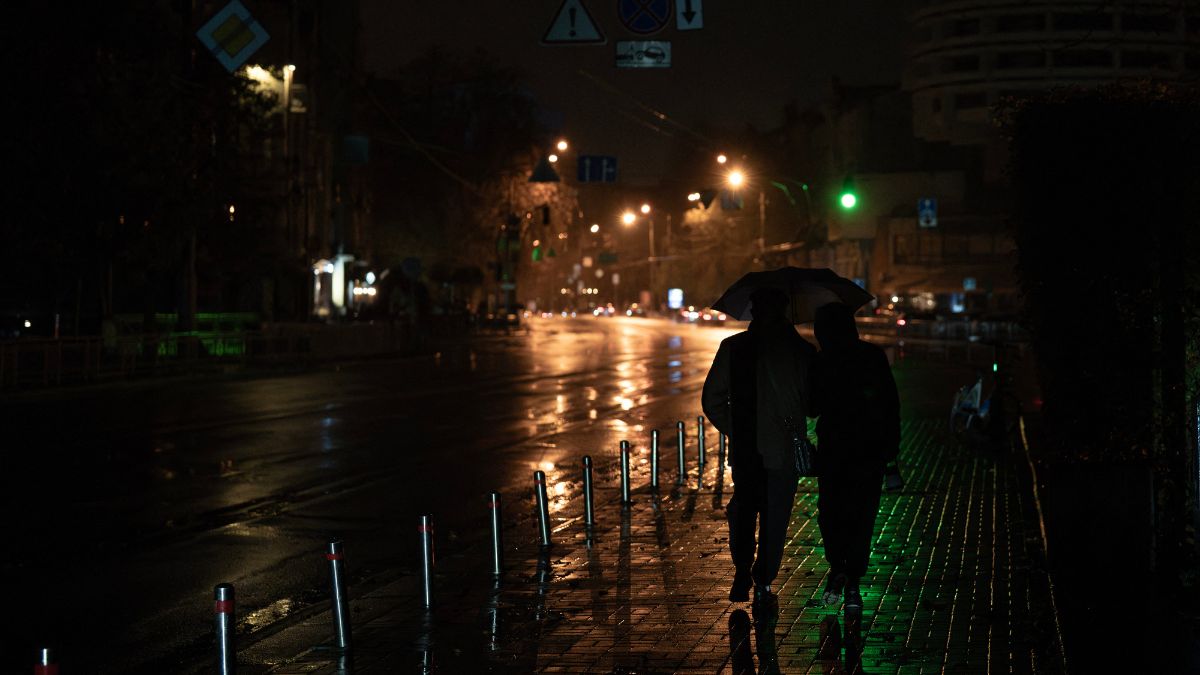)
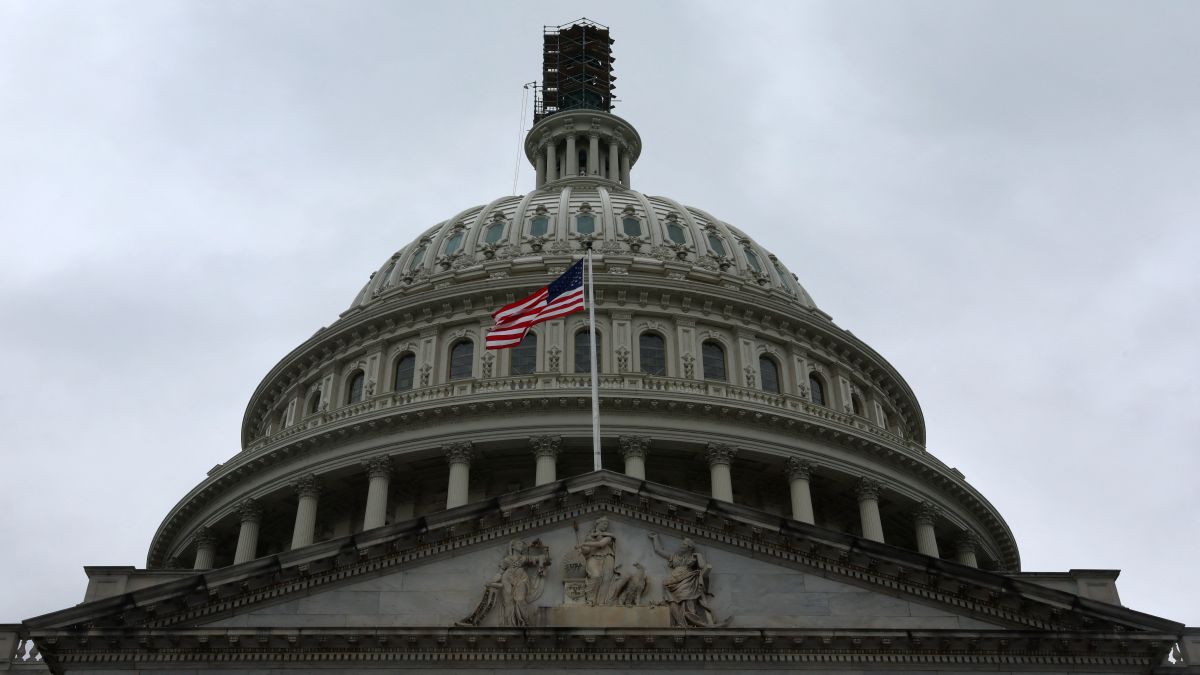
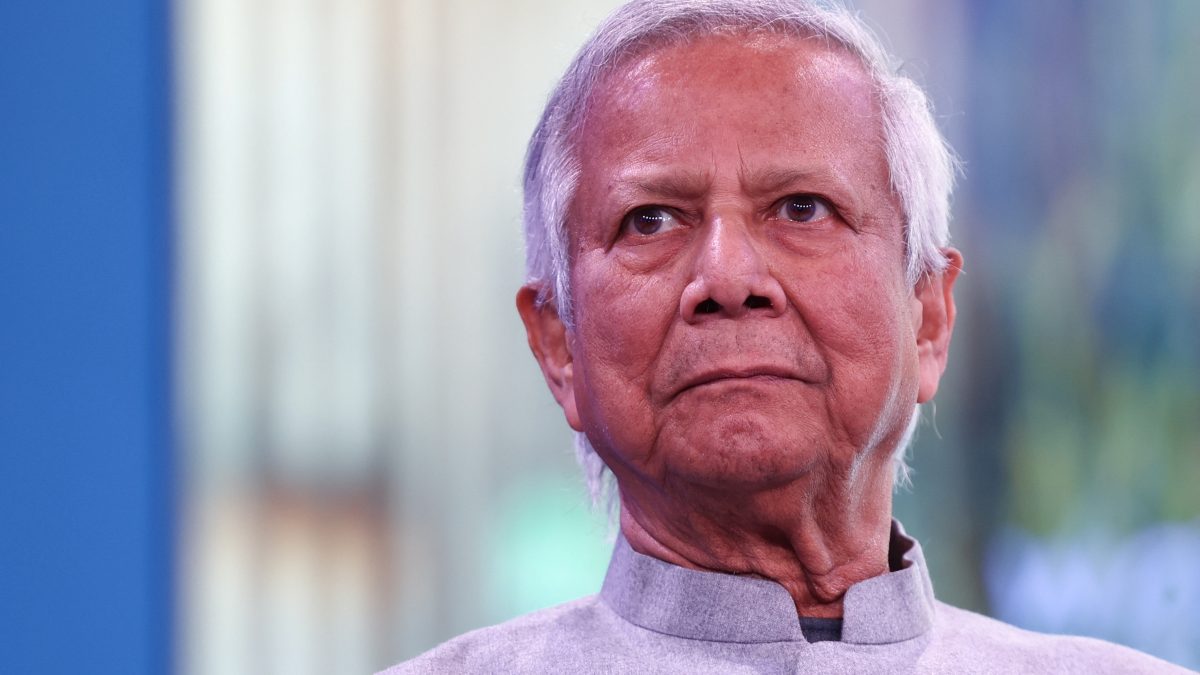)
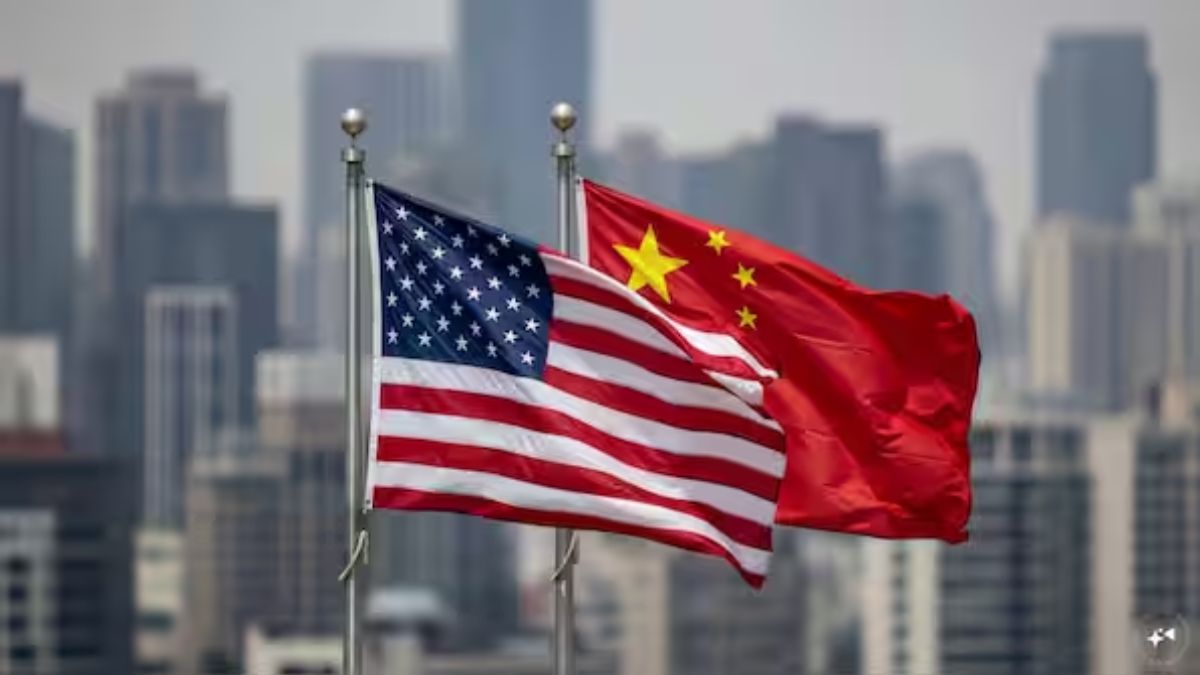)
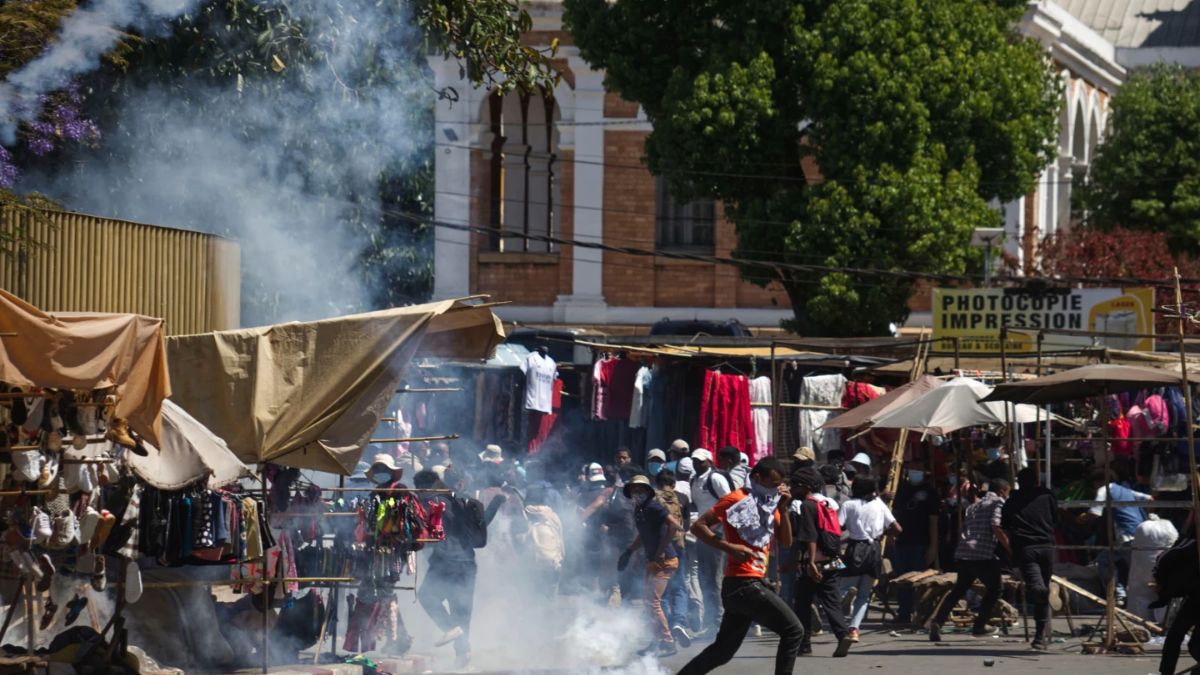)
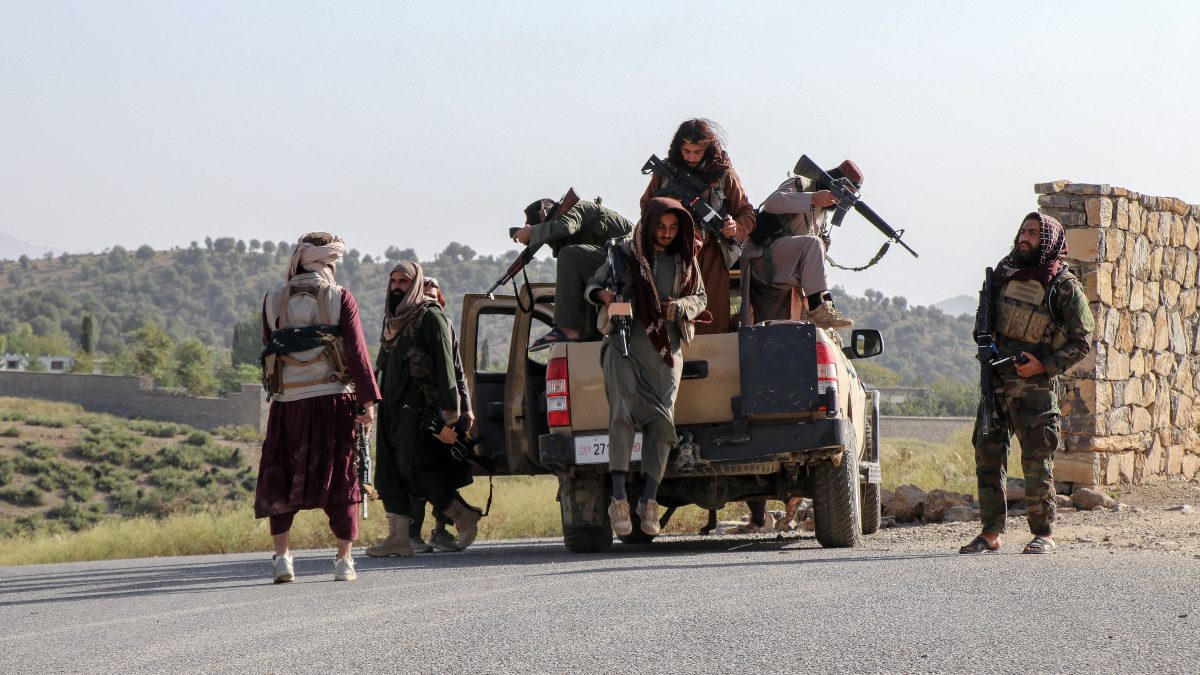)
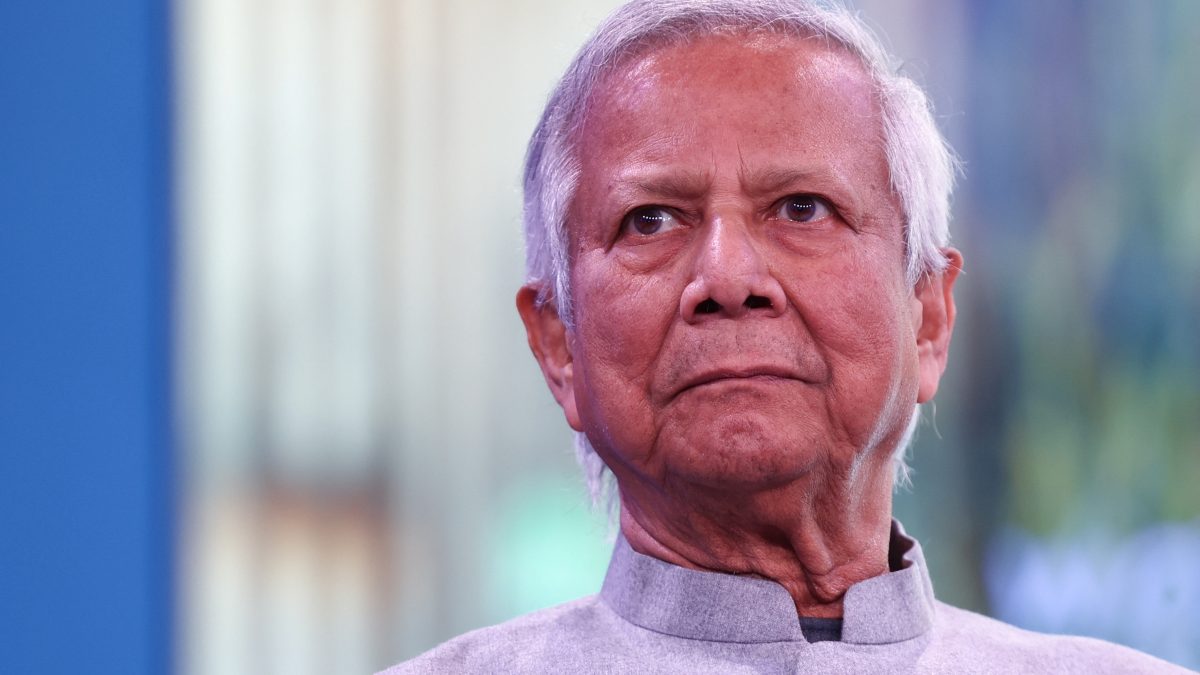)
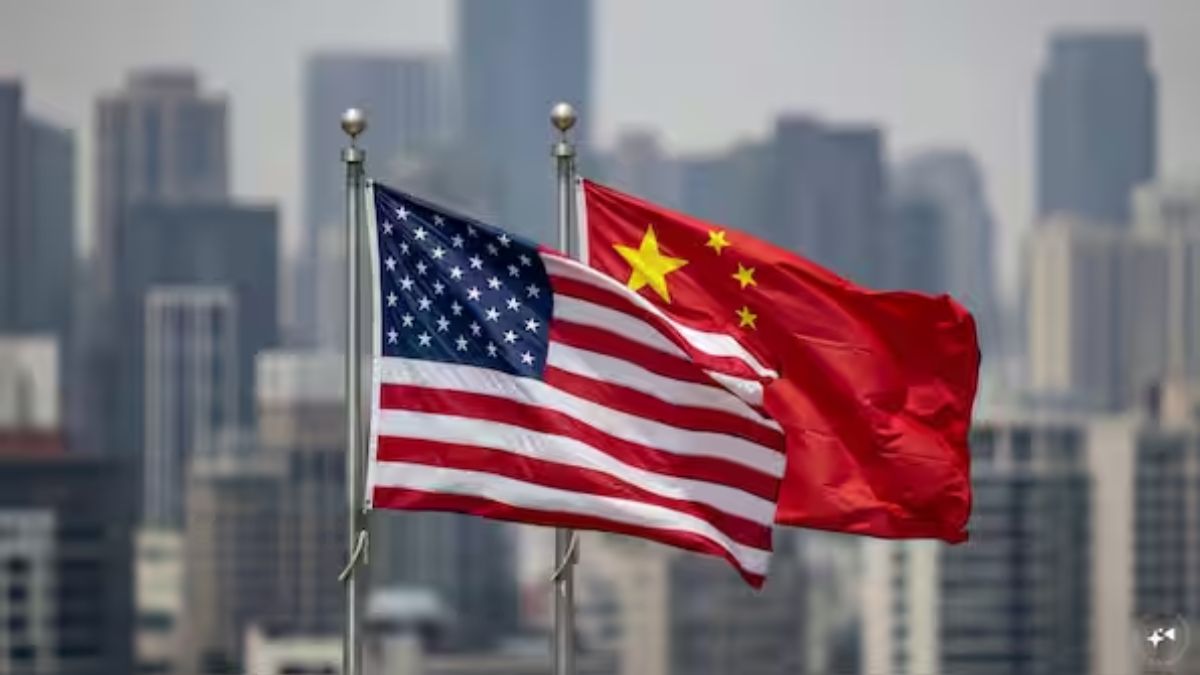)
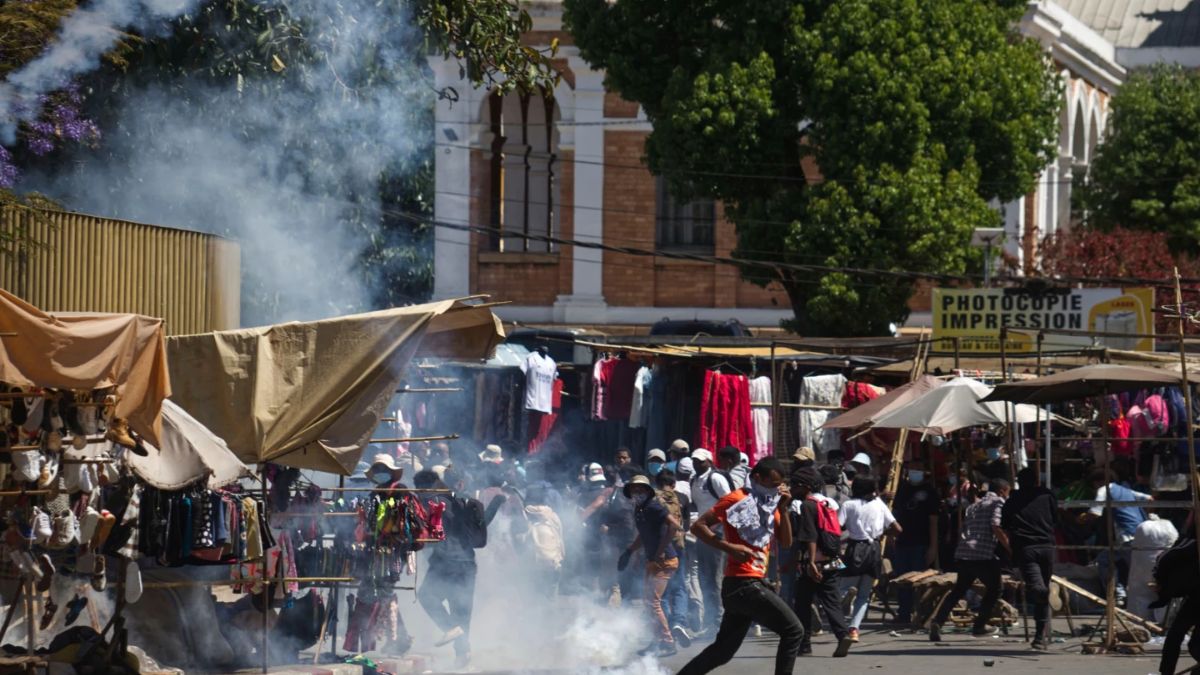)
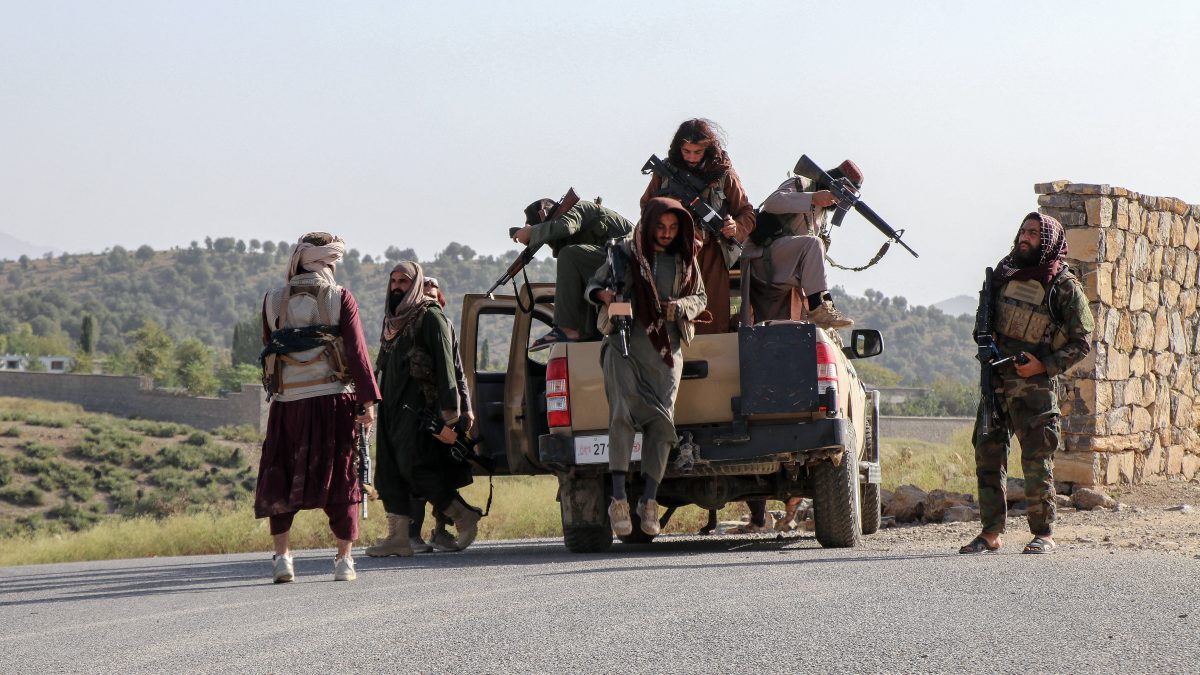)



